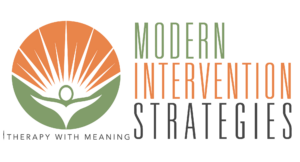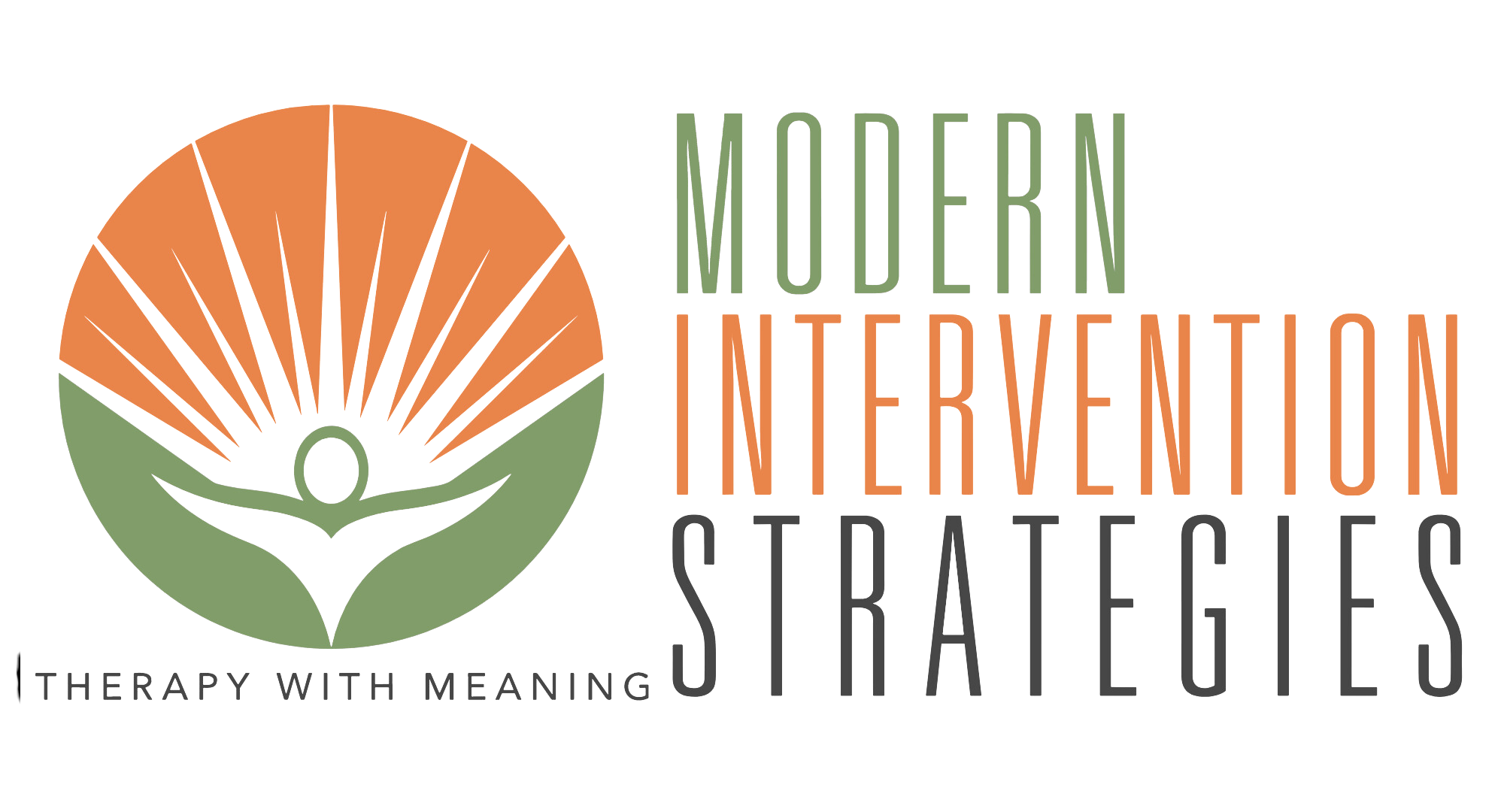Are you feeling overwhelmed by the complexities of family dynamics? Do you find it challenging to set healthy boundaries without succumbing to fear, guilt, or a sense of duty? You’re not alone.
Many individuals struggle to prioritize their own well-being while managing familial responsibilities and expectations. But fear not! This comprehensive guide will explore effective strategies and practical tips to help you navigate the intricate web of family relationships with confidence and grace. Get ready to reclaim your personal space and foster healthier connections!
Understanding The Importance Of Healthy Boundaries

The Foundation of Healthy Boundaries:
- What are boundaries, and why are they crucial in family dynamics?
Boundaries are described as personal limits or guidelines defining acceptable behavior, actions, and interactions between individuals. They serve as a framework for establishing mutual respect, maintaining personal autonomy, and safeguarding emotional well-being within family relationships. Boundaries allow individuals to develop personal space and independence within the family unit. They help individuals identify and communicate their needs, preferences, and values, ensuring that their personal space, privacy, and decision-making processes are respected. By defining personal freedom and autonomy, individuals can maintain a sense of individuality and prevent feelings of suffocation or invasion of personal boundaries.
- How do boundaries promote emotional well-being and preserve relationships?
Setting and maintaining boundaries within family dynamics is crucial in promoting emotional well-being and preserving relationships. Edges provide individuals with a framework to regulate their emotions effectively. By setting clear boundaries, individuals can identify and communicate their emotional needs, ensuring that they are respected and honored. This promotes emotional well-being by preventing emotional overwhelm, minimizing conflicts, and allowing individuals to express their emotions healthily and constructively.
- I am exploring the consequences of not setting healthy boundaries.
Without setting healthy boundaries, individuals may find themselves constantly drained emotionally. They may feel overwhelmed by excessive demands, responsibilities, or expectations from family members. This emotional drain can lead to burnout, decreased well-being, and a buildup of resentment towards their family members. Over time, this can erode the quality of relationships and create a hostile atmosphere within the family.
Breaking the Fear and Guilt Cycle:
Guilt can arise when individuals prioritize their own needs and well-being over the expectations or demands placed upon them by their families. It often stems from a deep-rooted desire to please others, fear of disappointing or hurting loved ones, or a sense of obligation to fulfill traditional or cultural roles within the family. However, succumbing to guilt and neglecting personal boundaries can adversely affect one’s emotional well-being and relationships. Breaking the cycle of shame is essential for setting and maintaining healthy boundaries. It involves recognizing that it is not selfish to prioritize one’s own well-being and needs.
- It is overcoming the fear of disappointing or hurting loved ones.
Overcoming the fear of disappointing or hurting loved ones is crucial in setting healthy boundaries within family dynamics. Many individuals struggle with this fear, as they deeply care about maintaining positive relationships with their family members. However, it is essential to recognize that prioritizing your own well-being and setting boundaries is not inherently selfish or hurtful. The fear of disappointing or hurting loved ones often stems from a desire to be accepted, and loved, and avoid conflict within the family. Individuals may worry that setting boundaries will lead to adverse reactions, strained relationships, or even rejection from their family members. This fear can be deeply ingrained and may result from past experiences or family dynamics prioritizing conformity over individual needs.
- Identifying guilt triggers and learning to detach guilt from boundary-setting.
Identifying guilt triggers and learning to detach guilt from boundary-setting is essential to establishing and maintaining healthy boundaries within family dynamics. Guilt often arises when individuals assert their own needs and set limits. Still, it is necessary to recognize that blame should not dictate our actions or prevent us from prioritizing our own well-being. Understanding the specific situations or behaviors that trigger guilt is vital to addressing and managing it effectively. Reflect on past experiences or interactions with family members that have elicited guilt. Is it when you say no to a request? When do you prioritize self-care? When you express your own opinions or desires? Identifying these triggers helps bring awareness to the root causes of guilt.
- They are embracing the notion that setting boundaries is an act of self-care, not selfishness.
Embracing the notion that setting boundaries is an act of self-care, not selfishness, is crucial for establishing and maintaining healthy boundaries within family dynamics. Many individuals struggle with the belief that prioritizing their own needs and well-being is selfish, especially when it involves setting limits with their family members. Setting boundaries is an acknowledgment of your personal needs and limitations. It involves understanding what is essential for your emotional well-being and creating space for self-reflection, self-care, and personal growth. Recognize that neglecting your own needs can lead to burnout, resentment, and compromised mental health, ultimately hindering your ability to be present and supportive in your relationships.
Recognizing Boundary Challenges

Common Boundary Dilemmas:
- Navigating overbearing parents, controlling siblings, or intrusive relatives.
Navigating overbearing parents, controlling siblings, or intrusive relatives can be challenging in setting healthy boundaries within family dynamics. These individuals may tend to overstep boundaries, disregard personal autonomy, or impose their own expectations on you. Cultivate self-awareness and develop a strong sense of self. Understand your values, desires, and boundaries. This self-awareness forms the foundation for assertively communicating and upholding your boundaries. Recognize that you can establish boundaries that protect your emotional well-being and personal autonomy.
- We are dealing with unsolicited advice, criticism, or unrealistic expectations.
Dealing with unsolicited advice, criticism, or unrealistic expectations from family members can be challenging and emotionally draining. Clearly communicate your boundaries regarding unsolicited advice, criticism, or unrealistic expectations. Let your family members know that you appreciate their concern but that you have your own perspective and choices. Politely but firmly assert your need for autonomy and express your willingness to seek guidance or advice when you genuinely need it.
- I am balancing cultural or traditional obligations with personal boundaries.
Balancing cultural or traditional obligations with personal boundaries can be a complex and sensitive matter. It involves finding a harmonious middle ground between honoring your cultural or traditional values and maintaining your personal boundaries. Take the time to understand the cultural or traditional values that shape your family’s expectations and obligations. This knowledge allows you to navigate the terrain with a greater understanding of the context and significance of specific duties.
Boundary Violations and Their Impact:
- The signs and consequences of boundary violations.
Understanding the signs and consequences of boundary violations is crucial for recognizing when your boundaries have been crossed and addressing the impact it can have on your well-being. You may experience a sense of discomfort, unease, or intrusiveness when someone crosses your boundaries. It could manifest as feeling invaded, disrespected, or overwhelmed by someone’s actions, words, or behavior.
- You understand the importance of protecting your mental and emotional space.
Understanding the importance of protecting your mental and emotional space is crucial for maintaining your overall well-being and preserving your sense of inner peace. Safeguarding your mental and emotional freedom involves establishing and maintaining healthy emotional boundaries. It means recognizing and honoring your own emotions, needs, and limits while also respecting the emotions and boundaries of others. It empowers you to take ownership of your feelings and create a space where your emotional well-being is valued and protected.
- How to address and address recurring boundary violations effectively.
Addressing recurring boundary violations effectively is essential for maintaining healthy relationships and protecting your well-being. Clearly define the consequences that will occur if your boundaries continue to be violated. These consequences can range from reducing contact or limiting interactions to more significant measures, depending on the severity of the violation. Communicating the matters calmly and assertively is crucial, making it clear that you are serious about maintaining your boundaries.
Building Healthy Boundaries
Self-Exploration and Reflection:
- Identifying your needs, values, and limits.
Identifying your needs, values, and limits is crucial in setting and maintaining healthy boundaries. Both physical and emotional. Consider what is essential for your well-being, happiness, and fulfillment. This could include needs for autonomy, respect, emotional support, personal space, time for self-care, or healthy communication. Recognizing and understanding your needs is vital because it forms the foundation for establishing boundaries that honor and fulfill those needs.
- It understands your role in perpetuating unhealthy dynamics.
Understanding your role in perpetuating unhealthy dynamics is vital to breaking free from them and establishing healthy boundaries. Explore the triggers or situations that elicit certain behaviors or responses from you. This could be family members, specific topics, or past experiences. Understanding your motivations allows you to anticipate and respond differently, breaking the cycle of unhealthy dynamics and choosing healthier behaviors and boundaries instead.
- You are practicing self-compassion and embracing your right to set boundaries.
Practicing self-compassion and embracing your right to set boundaries is essential to building healthier relationships and nurturing your well-being. Let go of the guilt that may arise when you assert your boundaries. Understand that guilt is often a conditioned response that occurs from societal or familial expectations. Recognize that setting boundaries is an act of self-care, self-respect, and self-preservation. Reframe guilt as a signal that you are taking steps to prioritize your well-being.
Effective Communication Techniques:
- Assertive communication skills for expressing your boundaries clearly.
Developing assertive communication skills is crucial for expressing your boundaries clearly and effectively. When defining your boundaries, use “I” statements to communicate your needs and feelings without blaming or accusing others. For example, say, “I feel overwhelmed when I take on too many responsibilities” instead of, “You always burden me with tasks.”
- It is setting realistic expectations and boundaries with loved ones.
Setting realistic expectations and boundaries with loved ones is essential for maintaining healthy relationships and promoting your own well-being—open and honest conversations about your boundaries and expectations with your loved ones. Clearly communicate what you can and cannot commit to, what behaviors are acceptable or unacceptable, and what support you may need. Encourage your loved ones to express their own boundaries and expectations as well.
- We are navigating difficult conversations with empathy and respect.
Navigating difficult conversations with empathy and respect is crucial for maintaining healthy relationships and resolving conflicts effectively. Practice active listening during difficult conversations. Please give your full attention to the other person, maintain eye contact, and demonstrate a genuine interest in understanding their perspective. Avoid interrupting or formulating responses in your mind while they are speaking. Reflect on what they’ve said to ensure you know their viewpoint accurately.
Implementing Practical Strategies:
- Creating physical and emotional boundaries within your living space.
Creating physical and emotional boundaries within your living space is essential for your well-being and maintaining a sense of personal autonomy. Establish areas within your living space that are designated for your personal use and privacy. This could be your bedroom, a study area, or a cozy corner where you can unwind and recharge. Creating physical boundaries within your home helps make sense of ownership and control over your personal space.
Communicate Expectations: Clearly communicate your expectations to others who share your living space. Let them know what behaviors or activities are acceptable or unacceptable within your designated personal areas. Openly discuss the importance of boundaries and seek mutual understanding and respect.
Establish Quiet Zones: Designate certain areas or times within your living space as quiet zones where noise and distractions are minimized. This can be especially important for creating an environment conducive to relaxation, concentration, or self-reflection. Communicate these boundaries with others to ensure they are aware and can respect them.
Practice Decluttering: Create physical boundaries by decluttering your living space. Remove unnecessary items and organize your belongings to promote a sense of calm and order. Simplifying your surroundings can contribute to a more peaceful and focused mindset.
Personalize Your Space: Customize your living space to reflect your personality, interests, and values. Be around things that uplift your spirit and create a sense of comfort. Personalizing your space enhances the feeling of ownership and reinforces the boundaries you’ve set.
- We are establishing time boundaries for self-care and personal pursuits.
You are establishing time boundaries for self-care and personal pursuits to balance work and life and prioritize your well-being. Take stock of your current schedule and identify areas where you can carve out time for self-care and personal pursuits. Evaluate your work responsibilities, family obligations, and other commitments to determine where you can create dedicated time for yourself.
- We are developing a support system and seeking professional help if needed.
Developing a support system and seeking professional help is essential to setting and maintaining healthy boundaries. If you find that you are struggling to establish or sustain boundaries or if boundary violations are causing significant distress, seeking professional help can be beneficial. A therapist, counselor, or coach can provide guidance, tools, and strategies for your situation. They can help you explore underlying issues, build assertiveness skills, and develop a personalized plan for establishing and maintaining healthy boundaries.
Sustaining Healthy Boundaries

Consistency and Reinforcement:
- The importance of consistency in maintaining boundaries.
The importance of consistency in maintaining boundaries cannot be overstated. Character plays a vital role in establishing trust, reinforcing expectations, and protecting your well-being. Consistently maintaining boundaries strengthens your sense of self-worth and self-respect. It communicates that you value yourself and your well-being enough to prioritize your needs and set limits. This boosts your self-esteem and empowers you to maintain boundaries even in the face of challenges or resistance.
- I am handling resistance and pushback from family members.
Handling resistance and pushback from family members when setting boundaries can be challenging, but navigating these situations effectively is crucial. When faced with opposition or pushback, remaining calm and composed is essential. Responding with anger or defensiveness can escalate the situation and make it harder to find a resolution. Instead, practice assertive communication, firmly but respectfully expressing your needs and boundaries. Maintain a confident and composed demeanor to convey your seriousness and determination.
- We are celebrating and reinforcing positive changes in family dynamics.
Celebrating and reinforcing positive changes in family dynamics is essential in the boundary-setting process. It acknowledges progress, encourages continued growth, and supports healthier relationships. Take the time to express your gratitude and appreciation for the efforts made by your family members in respecting and honoring your boundaries. Let them know how their actions have positively impacted your well-being and family dynamics. Genuine expressions of gratitude can strengthen the bond between family members and motivate everyone to continue making positive changes.
Managing Guilt and Self-Doubt:
- Coping strategies for overcoming guilt and self-doubt.
Coping strategies for overcoming guilt and self-doubt can empower you to navigate the challenges of setting and maintaining boundaries with more confidence and self-assurance. Here are some additional insights on coping strategies:
Challenge Negative Self-Talk: Notice the negative self-talk that accompanies guilt and self-doubt. Replace self-critical thoughts with more positive and empowering affirmations. Remind yourself that setting boundaries is a healthy and necessary act of self-care. Reframe guilt-inducing thoughts into statements reinforcing your worth and validating your right to prioritize your needs.
Practice Self-Compassion:
- Be kind and compassionate towards yourself when guilt or self-doubt arises.
- Recognize that it is natural to experience these emotions during the boundary-setting process.
- Treat yourself with the same understanding and compassion you would extend to a loved one facing a similar situation.
- Embrace the idea that you deserve to have your needs met and that taking care of yourself is not selfish but necessary.
Reflect on Personal Values and Priorities:
- Connect with your personal values and priorities to gain clarity and strengthen your resolve.
- Remind yourself of the importance of self-care, personal growth, and maintaining healthy relationships.
- Reflect on how setting boundaries aligns with your values and contributes to your overall well-being.
This can provide a sense of purpose and conviction in establishing and upholding boundaries.
- You recognize the value of your own well-being and happiness.
Recognizing the value of your well-being and happiness is fundamental to setting and maintaining healthy boundaries. It involves acknowledging your worth, prioritizing self-care, and understanding that your happiness matters. Understand that you are inherently deserving of well-being and happiness. Recognize your own worth and value as an individual. Embrace the idea that caring for yourself is not selfish but necessary for your overall happiness and fulfillment.
- It is finding a balance between your needs and family obligations.
Finding a balance between your needs and family obligations is crucial for maintaining healthy boundaries and preserving your well-being. It involves honoring your own needs while still being mindful of your responsibilities towards your family. Recognize that self-care is not selfish but necessary for your overall well-being. Prioritize your self-care by taking small steps with activities that rejuvenate and nurture you. By caring for yourself, you will be better equipped to fulfill your family obligations without sacrificing your needs.
Congratulations! You’ve embarked on a journey of self-discovery and growth, learning invaluable lessons on how to set healthy boundaries within your family. Remember, it’s a gradual process, and setbacks may occur. But armed with the knowledge and strategies shared in this guide, you have the power to navigate family dynamics with confidence, assertiveness, and compassion. Embrace your newfound agency and prioritize your well-being. You deserve it!
As you continue your personal boundary-setting journey, please stay connected with us for more tips, personal stories, and inspiring anecdotes to support your growth. Let’s create a world where healthy boundaries flourish, fostering more substantial and more fulfilling relationships with our loved ones.
I wish you strength, resilience, and boundless joy on your journey ahead!
Come here every week for more tips, information and strategies on how to manage stress in your life.





